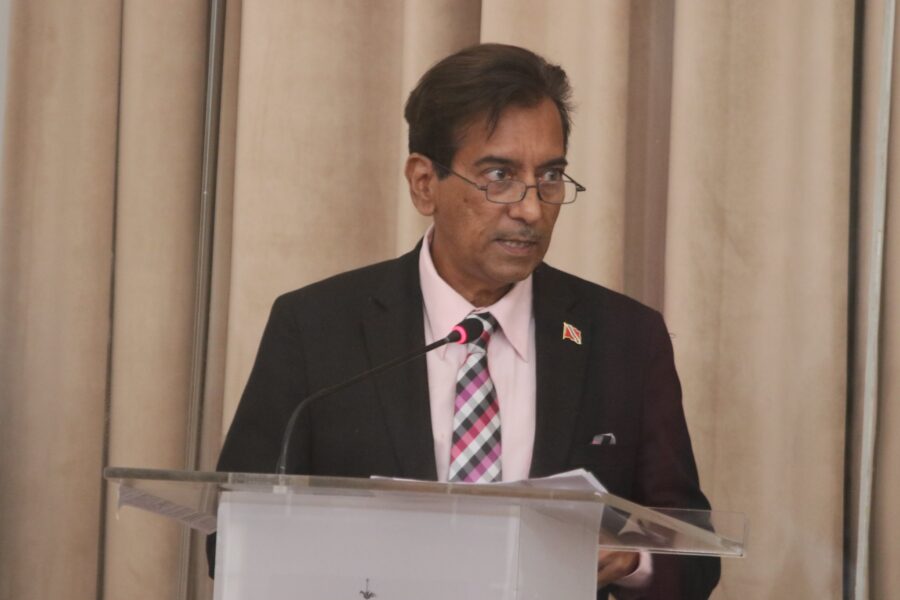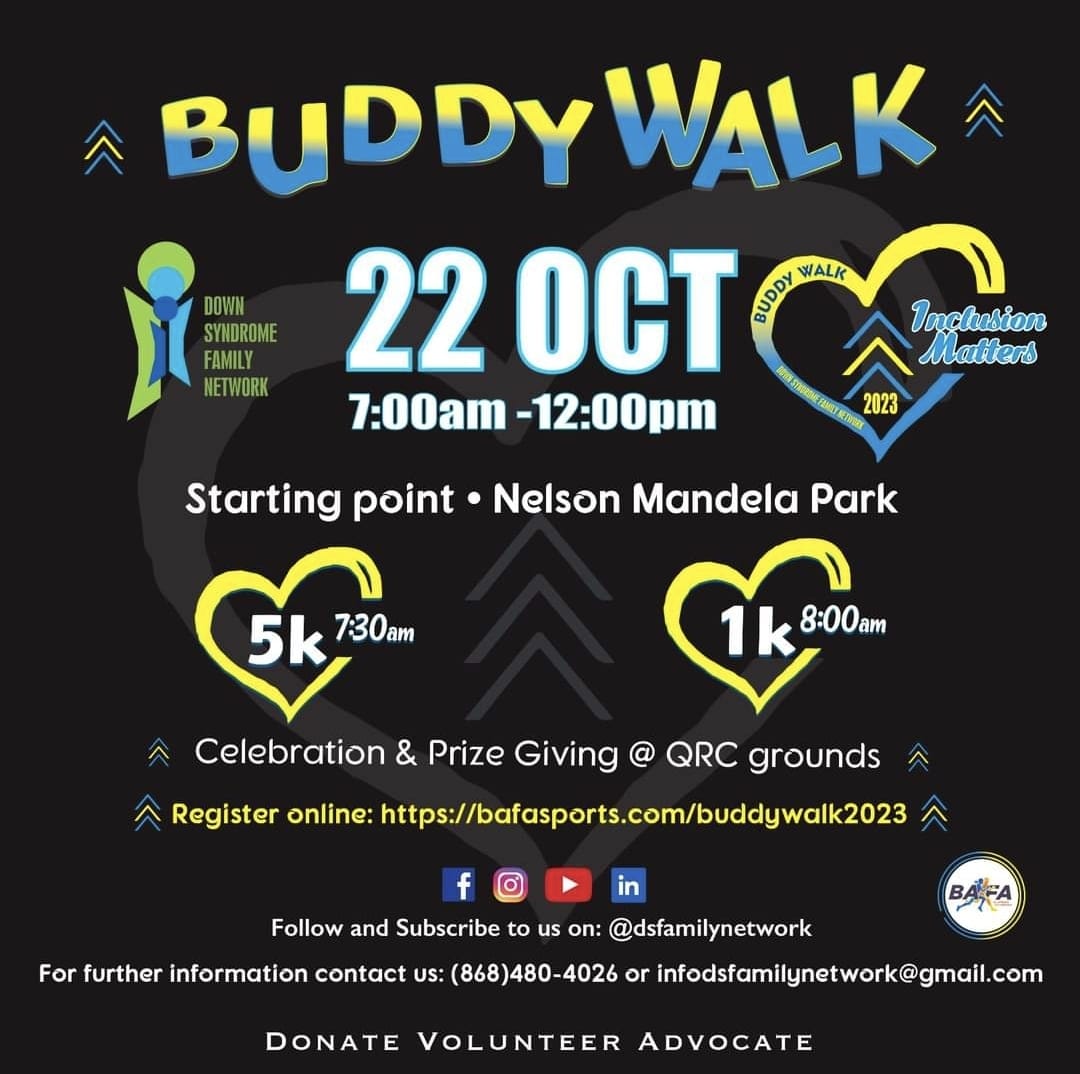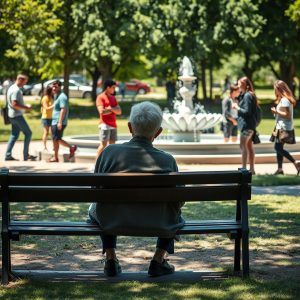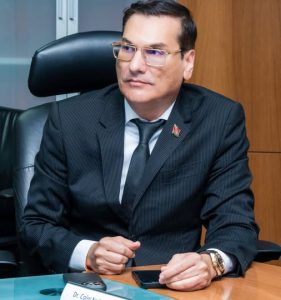‘Breaking up is hard to do but it does not have to end in tragedy’ – Dr Varma Deyalsingh.
Depressed persons generally have:
- Poor concentration;
- Feelings of excessive guilt or low self-worth;
- Hopelessness about the future;
- Thoughts about dying or suicide;
- Changes in sleep pattern;
- changes in appetite or weight; and
- Feeling very tired or low in energy.
By Sue-Ann Wayow
THROUGHOUT the ages, the human population has been plagued with a disorder that many eras could not understand.
The great Greek Hippocrates who is considered the father of medicine gave the name melancholy to the illness that “carries sadness to the hearts of men.”
Known as depression in modern terms, it is a mental disorder which involves a depressed mood or loss of pleasure or interest in activities lasting longer than two weeks.
It is the most common psychiatric disorder in the world.
‘A couple’s relationship is often fraught with difficulties and if not handled properly, can result in stress, anxiety and depression’
Depression occurs when a person crosses the threshold of bearable sadness, says medical and psychiatric practitioner Dr Varma Deyalsingh.
Depression can result when one’s ability to cope with family issues, relationship problems, work-related issues, traumatic stressful events and severe losses including finances can overwhelm one’s coping skills.

There is also a genetic predisposition and depression results from a complex interaction of social, psychological and biological factors, he said.
It can happen to anyone, but women were twice more likely to have depression than men.
The issue resurfaced last week when it was reported that a depressed woman police officer, dealing with problems in her romantic relationship, allegedly shot her partner, also a police officer and then herself in an apparent murder-suicide in Chaguanas.
‘Suicide occurs when pain exceeds the resources for coping with the pain’
Dr Deyalsingh said, “What started out as a love story had a tragic end. A couple’s relationship is often fraught with difficulties and if not handled properly, can result in stress, anxiety and depression. We know failed relationship can lead to what we call in local parlance as tabanca.”
According to Dr Deyalsingh, approximately 280 million people in the world have depression.
Depression opens the doorway to suicide. More than 700,000 people die from suicide annually.
A person may be experiencing emotional turmoil, abuse, bullying, unemployment, infidelity which can lead to a feeling of hopelessness, if there are no support mechanisms in place or the person lacks life skills to deal with this stress, Dr Deyalsingh said.
Depressed persons generally have: poor concentration, feelings of excessive guilt or low self worth, hopelessness about the future, thoughts about dying or suicide, changes in sleep pattern, changes in appetite or weight and feeling very tired or low in energy.

Dr Deyalsingh also said if persons were depressed, it is sometimes internalised in self-harm and suicide or externalised in violence and harm to others.
For those in relationships, he said, “One may harm their partner in a fit of rage, like a crime of passion and then realise the consequences and decide they can’t deal with this, so best they end it for themselves, it is an impulsive action.
“Others plan to harm themselves if depressed and also premeditate to harm their partner to teach him a lesson or just don’t want anyone else to have him.
“Breaking up is hard to do but it does not have to end in tragedy,” Dr Deyalsingh emphasised.
Given that the persons involved in the murder-suicide were police officers, the former independent senator mentioned that the Trinidad and Tobago Police Service (TTPS) at the Inter Agency Task Force under Inspector Bahadoor had an outreach aimed at policemen and their mental health which he participated in last June.
He said plans were being made to have one for the women in the TTPS .
“We will need to expedite in case there is the contagion effect,” Dr Deyalsingh said.
He shared the platform with Commissioner of Police Erla Harewood-Christopher and former CoP Stephen Williams attempting to sensitise male police officers on the need to seek help or recognise others who are in need of assistance.

Dr Deyalsingh said, “We need to get the message for them to seek help, since the tools of their trade, their weapons, make it easier for them to die by suicide. Officers must get the skill set to recognise when they are under emotional attack and get the support system.”
He also offers some coping mechanisms for persons dealing with depression.
You are not alone, Dr Deyalsingh says to people dealing with depression.
“Many people have gone through what you’re experiencing and found help,” he said.
His suggestions:
- Reach out and talk to someone;
- Get some support;
- Talk to someone you trust about how you feel whether the person is a religious leader, friends, talking to someone even that person was from an online call in centre;
- Join support group where possible.
Additionally:
- Keep doing activities you used to enjoy;
- Exercise regularly;
- Stick to regular eating and sleeping habits; and
- Avoid or cut down on alcohol which can make depression worse.
When it seems as if all other measures were not assisting and the idea of committing suicide becomes stronger, then a psychiatrist can come in with medication, he said.
The Ministry of Family and Social Services can assist with couples’ counseling as well as the Employee Assistance Programme (EAP) of the workplace in addition to psychiatric clinics.
However, if you think you are in immediate danger of harming yourself, contact any available emergency services or a crisis hotline.
There are several suicide hotlines, crisis lines or helplines in Trinidad and Tobago that can help and are available 24/7. (Childline – 800-4321, Lifeline – 800-5588, Families in Action – (868) 628-2333).
One such hotline Lifeline, pre-pandemic, received 4,000 calls annually, with 80% being suicidal.
Next month, the World Health Organization (WHO) observes World Mental Health Day on October 10.
The overall objective of World Mental Health Day is to raise awareness of mental health issues around the world and to mobilize efforts in support of mental health, WHO states on its website.
![]()














